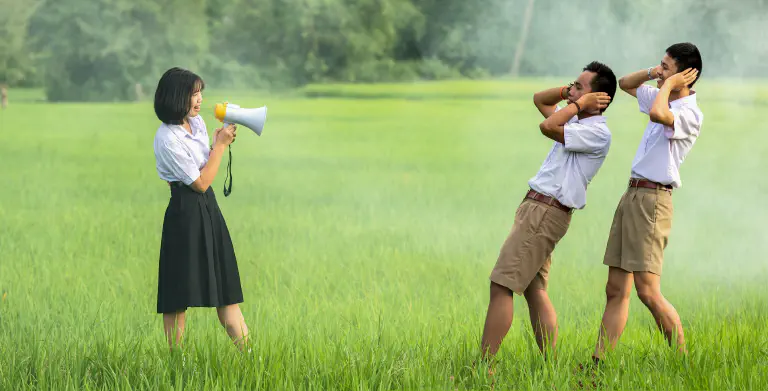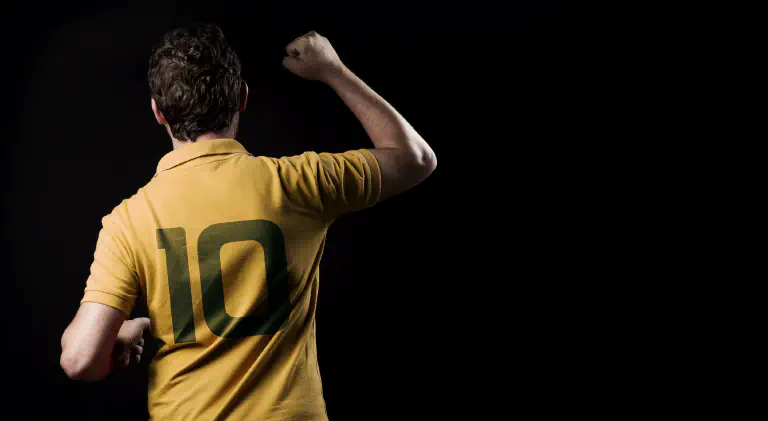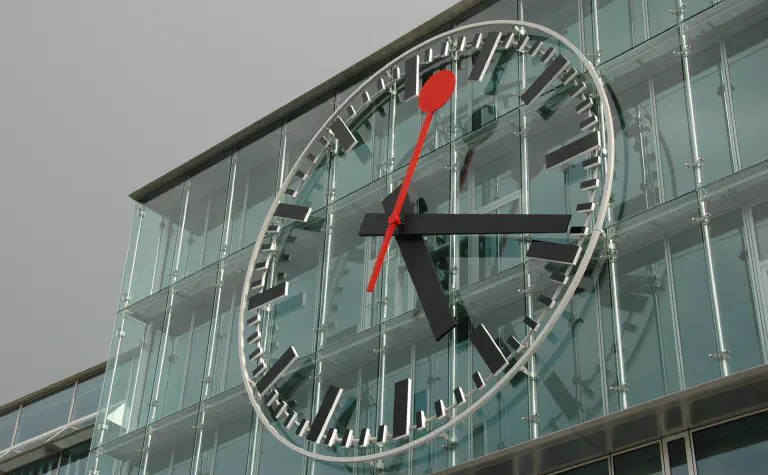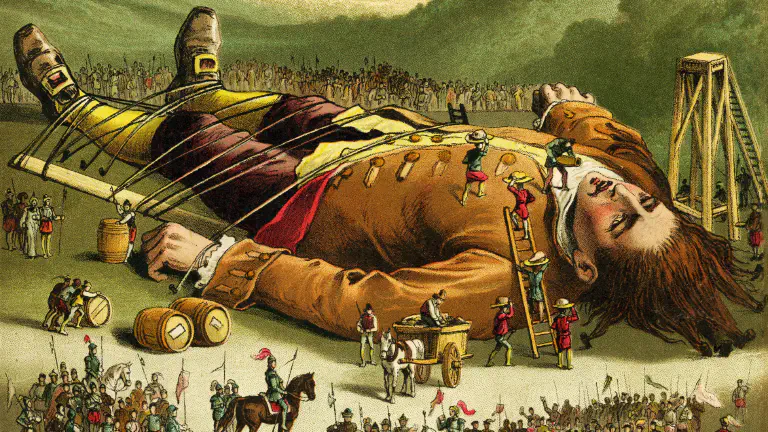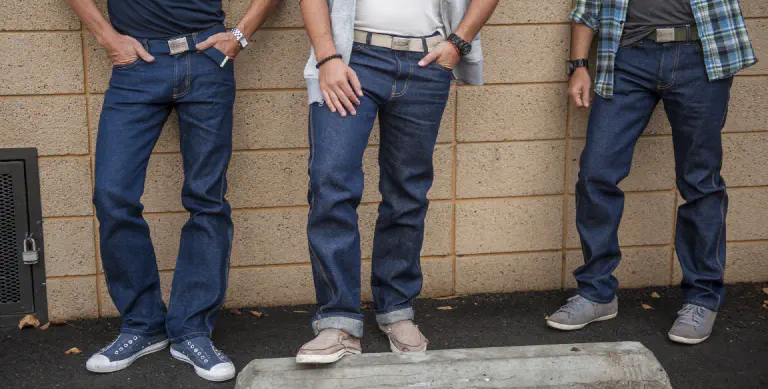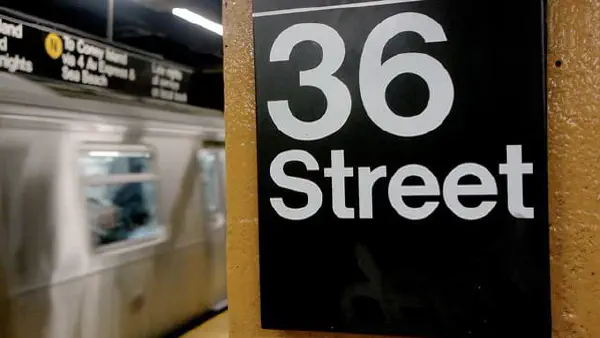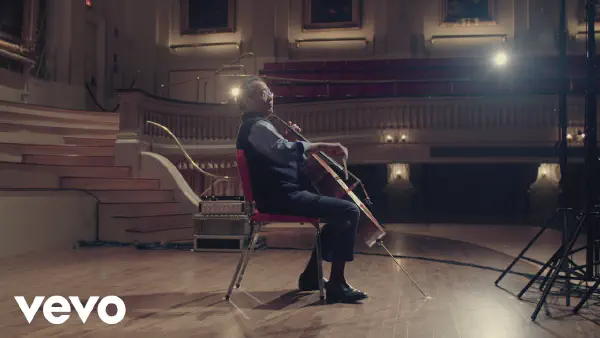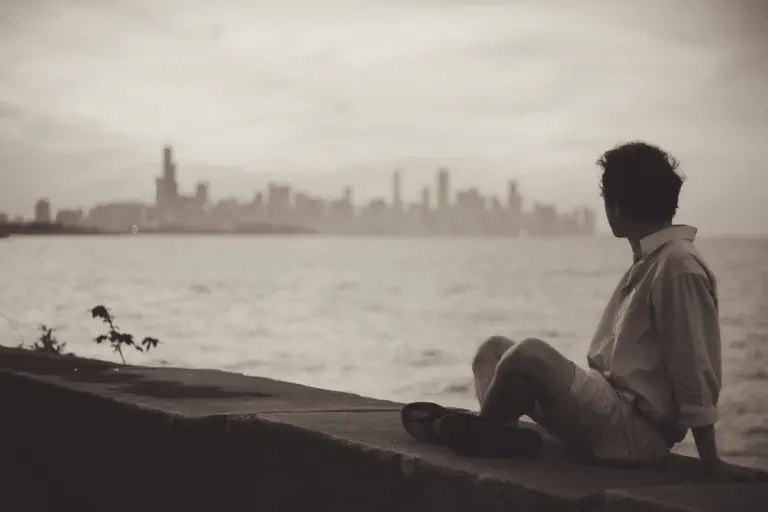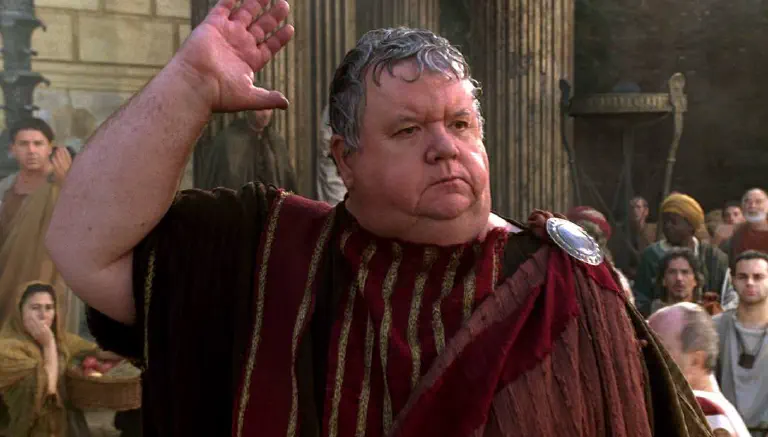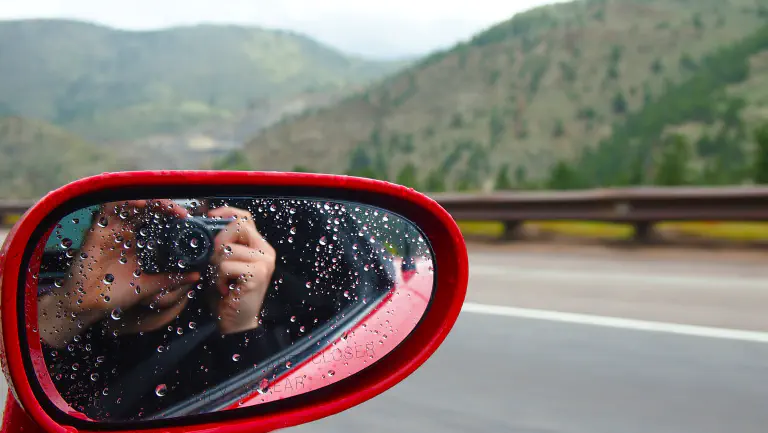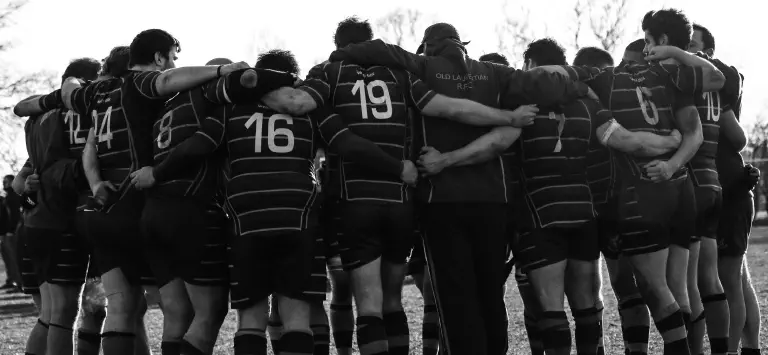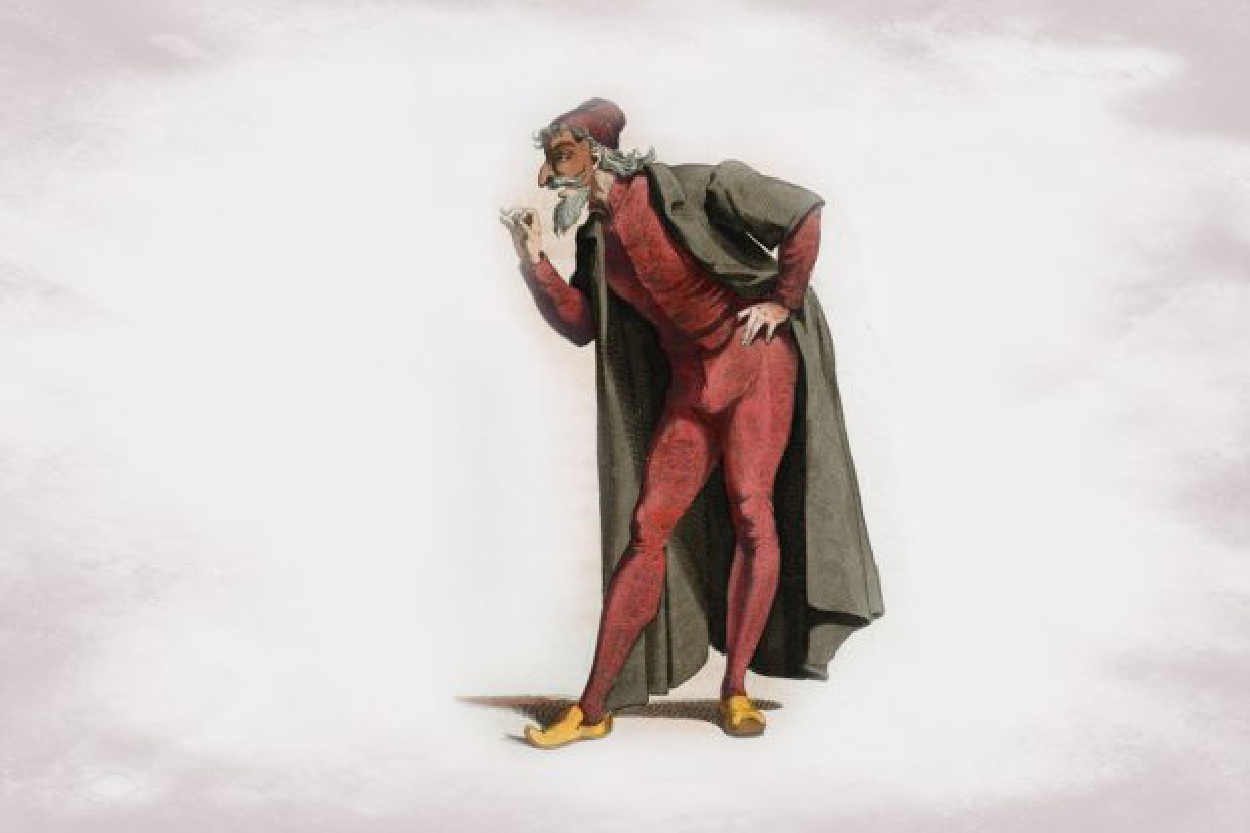
“For the love of theatre, hand me those pants!”
The term 'pants' originated with the 17th century Italian Actor, 'Pantalones' described in the passage above.
"Mean-spirited," "avaricious," "lecherous," and "obstructive"...
From the beginning, the word 'pants' has had an association with dominant characteristics.
Women's liberation movements, culminating in 60's 'loose jean' culture, ended stagnant social stigmas around women wearing pants.
Women in pants are no longer viewed as particularily masculine or feminine, and, indeed, casual business pants now have an association with female executive presence.
In modern western film culture, it takes a character like Lily Houghton [played by Emily Blunt] to remind of us of the antiquated backward ways of our past.
Let that foreshadow our future.
Pants and Self-Empowerment
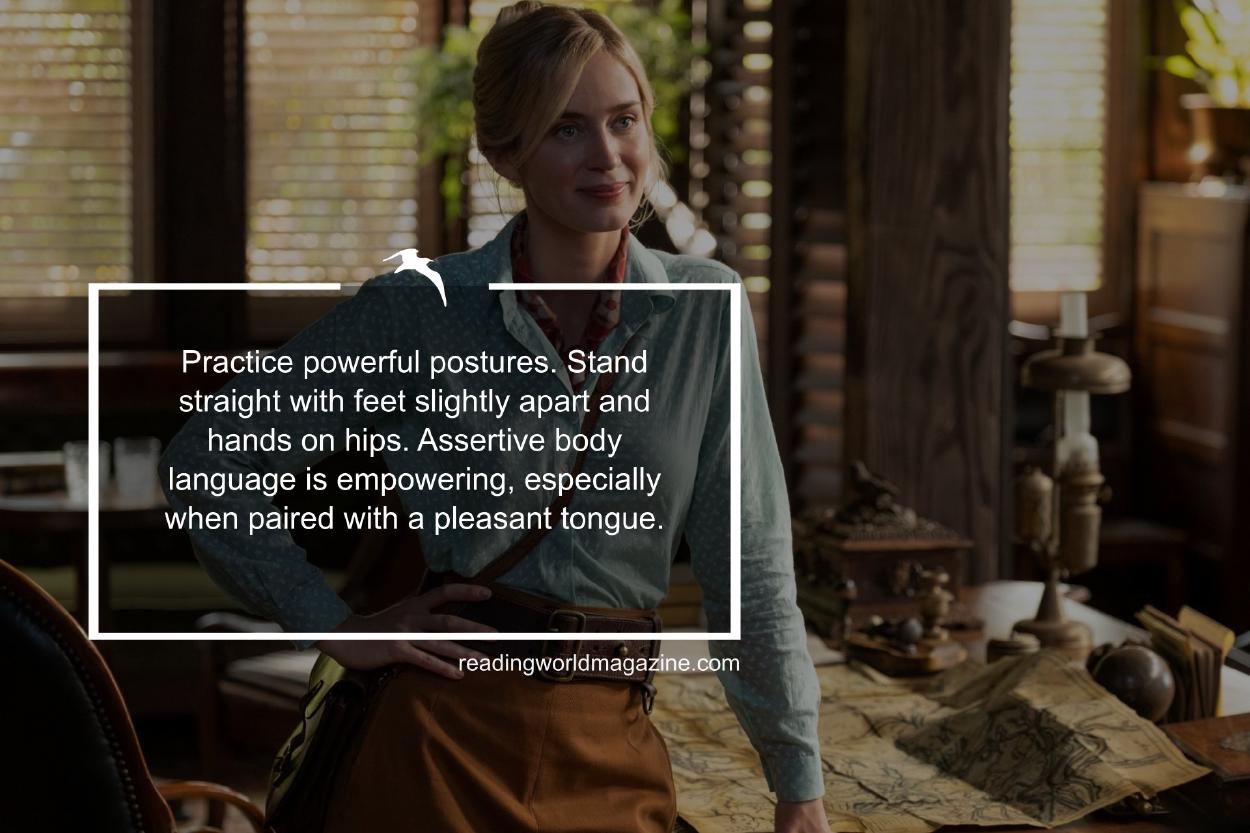
Practice powerful postures. Stand straight with feet slightly apart and hands on hips.
Assertive body language is empowering, especially when paired with a pleasant tongue.
Remember, however, that assertiveness in leadership without charm is less effective.
Voluntary actions are more likely to be spirited actions, and spirit in action is effective, rewarding, and inspiring.
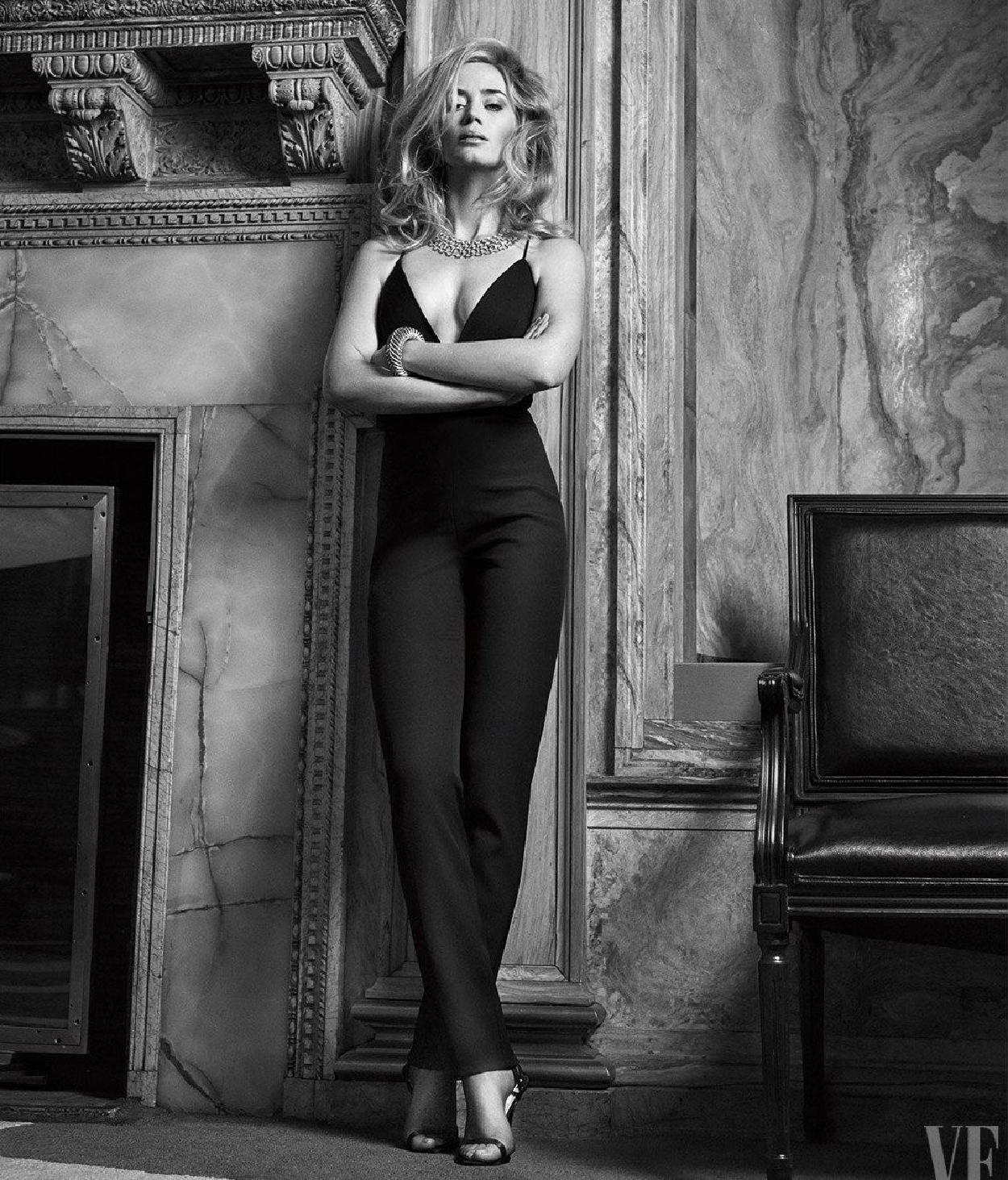
Pants
"Pants is short for pantaloons, a term used since the 17th century for men's nether garments. The word originated in the name of a character in the old Italian commedia dell'arte, Pantalone, a silly old man with thin legs who encased them in tight trousers. English took the word over via French pantalon, and began to use it for tight breeches or trousers. In American English it broadened out to trousers generally., whence the current American use of pants for trousers."
~ John Ayto, “Dictionary of Word Origins”


